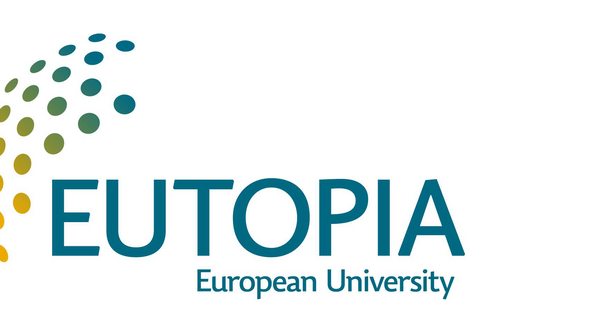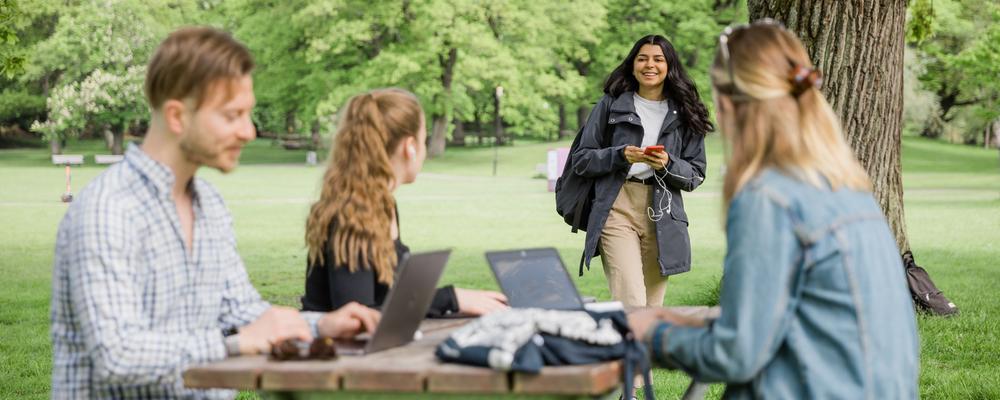
Sustainable and accessible learning environments
Between 2021 and 2023, the Faculty of Social Sciences ran the Sustainable and Accessible Learning Environments (HTL) project. The results of the project show that systematic preventive and promotional work at the structural level seems to have a good effect on students’ mental health and learning as well as contributing to creating a more accessible university. See below for final report.
Conclusion
During the period 2021-2023, the project Sustainable and Accessible Learning Environments (HTL) has been implemented at the Faculty of Social Sciences. The background to the project is the large number of young people reporting poor mental health in various surveys. In particular, students in higher education have reported feeling unwell, anxious, stressed and depressed. The purpose of the HTL has been to investigate whether, and if so how, the Faculty can work at a structural level to promote mental health among students with a focus on improving the conditions for student learning, understanding how the COVID-19 pandemic affected teaching and increasing access to higher education for students of various circumstances. The project has consisted of five sub-projects (see below).
Results
The results of the project show that systematic preventive and promotional work at the structural level seems to have a good effect on students’ mental health and learning as well as contributing to creating a more accessible university. Teachers as well as students report that influence, participation, comprehensibility and inclusion are important in creating favourable conditions for sustainable student life that enables learning as well as health/well-being. The results of the project further highlight the possibility for the Faculty to involve students in more qualitative co-creation surveys in order to gain deeper insight into students' experiences and thus develop and implement appropriate measures.
Student-centred flexibility (HyFlex)
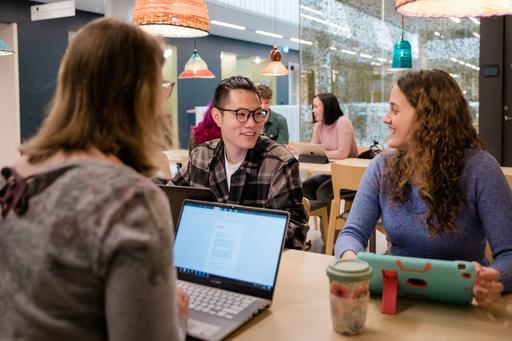
Student-centred flexibility was a development project which aimed to investigate the possibilities for giving students the opportunity to choose their own pathway of learning through a course. The idea is that the course is designed in such a way that the student can choose class activities based on their own situations and in relation to the intended learning outcomes.
The aim of the project was to revise an existing course and develop a new course based on the HyFlex (hybrid and flexible) course model. This project was being carried out in cooperation with the EUTOPIA European University (EEU) alliance.
Contact
Professor, School of Public Administration
Toolbox for sustainable student life
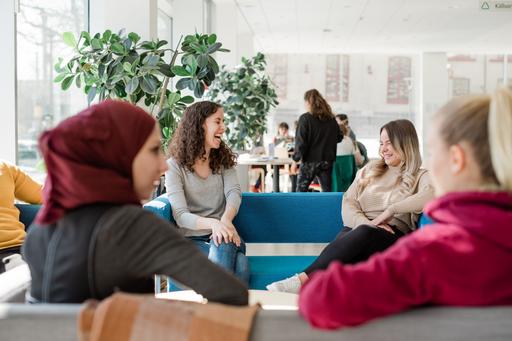
An open online resource was developed in this project. This web-based resource can be used by any staff member and others who want to work with student mental health and sustainability, focusing in particular on the study environment and inclusion. The students’ union provided a sounding board in this project. This project has been carried out as part of the Sharing culture for education, recruitment and knowledge creation (DURK) project at the Pedagogical Development and Interactive Learning (PIL) unit at the University of Gothenburg.
Contact
Quality Control Coordinator, Faculty office
Student life
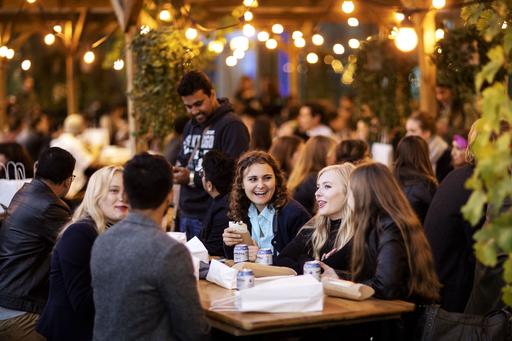
This project was about monitoring, documenting, and drawing conclusions from how students experience their first five weeks as students. The students kept diaries about what they experienced and learned about student life over a period of five weeks. The aim of this project is to work with the students to draw conclusions from the data generated (the students’ diary entries) and on how the structure and organization of the Faculty and its departments – in a broad sense, the student’s learning environment – can be developed to support and promote the students’ mental health.
This project was funded by the University of Gothenburg from the additional funding received from the Swedish Government in spring 2021 to work with students’ mental health in relation to the COVID-19 pandemic.
In the second phase of the project, the same students were invited to attend workshops in which their diary entries were analyzed in order to find solutions and develop concrete proposals for how the structure and organization of the Faculty and its departments – which in a broad sense, constitutes the students’ learning environment – can be developed so as to prevent the development of psychological symptoms, poor mental health and low self-esteem.
In phase three, the solutions identified was evaluated with a new group of students at a workshop. This project was funded by the University of Gothenburg from the additional funding received from the Swedish Government in spring 2021 to work with students’ mental health in relation to the COVID-19 pandemic. The project results were presented during the spring semester 2022.
Contact
Quality Control Coordinator, Faculty office
Literature review
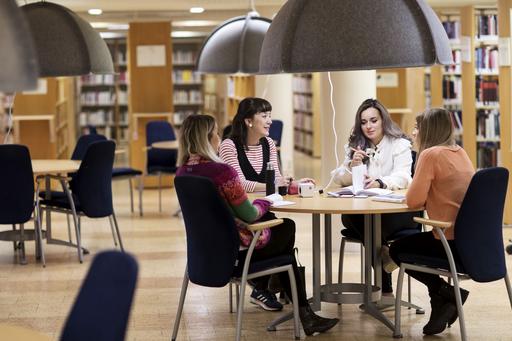
This project involved conducting a systematic review of the literature on efforts made in the higher education sector at a structural/organisational level to support and promote students’ mental health and/or prevent mental ill-health. The University Library was supporting this work. The project was financed by funding from Student and Education Support at the University of Gothenburg.
Contact
Associate Professor, Department of Social Work
Teachers’ experiences of online teaching

In order to explore teachers’ experiences and how they managed the transition from campus-based teaching to online teaching, the project group conducted focus group interviews with teaching staff. The interviews were conducted one year after online teaching became a must for all of Sweden’s higher education institutions.
The main purpose of the interviews was to capture the lessons learned and progress made in relation to online teaching. The interviews were based on questions about how digital types of instruction can be used to improve the quality of teaching and how students’ experience of relatedness and inclusion can be supported and promoted.
Contact
Quality Control Coordinator, Faculty office
Organisation:
HTL was carried out at the Faculty of Social Sciences, University of Gothenburg during the calendar years 2021 and 2022. The project was commissioned by the Faculty Board.
The project is governed by a steering committee:
Therése Skoog (project manager)
Malin Broberg (Dean)
Sylva Frisk (Assistant Dean with responsibility for education matters)
Agnes Nurbo (Quality Coordinator at the Faculty Office)
Arne Wackenhut (teaching staff representative)
Arvid Danielsson (student representative appointed by the students’ union)
In association with
Student Healthcare, University of Gothenburg:
https://studentportal.gu.se/english/study-environment-and-rules/student-healthcare/
Unit for Pedagogical Development and Interactive Learning (PIL):
https://pil.gu.se/english
Section for Student and Educational Support:
https://medarbetarportalen.gu.se/utbildningsenheten/sektionen-student-utbildningsstod/?languageId=100001
University Library:
https://www.ub.gu.se/en
